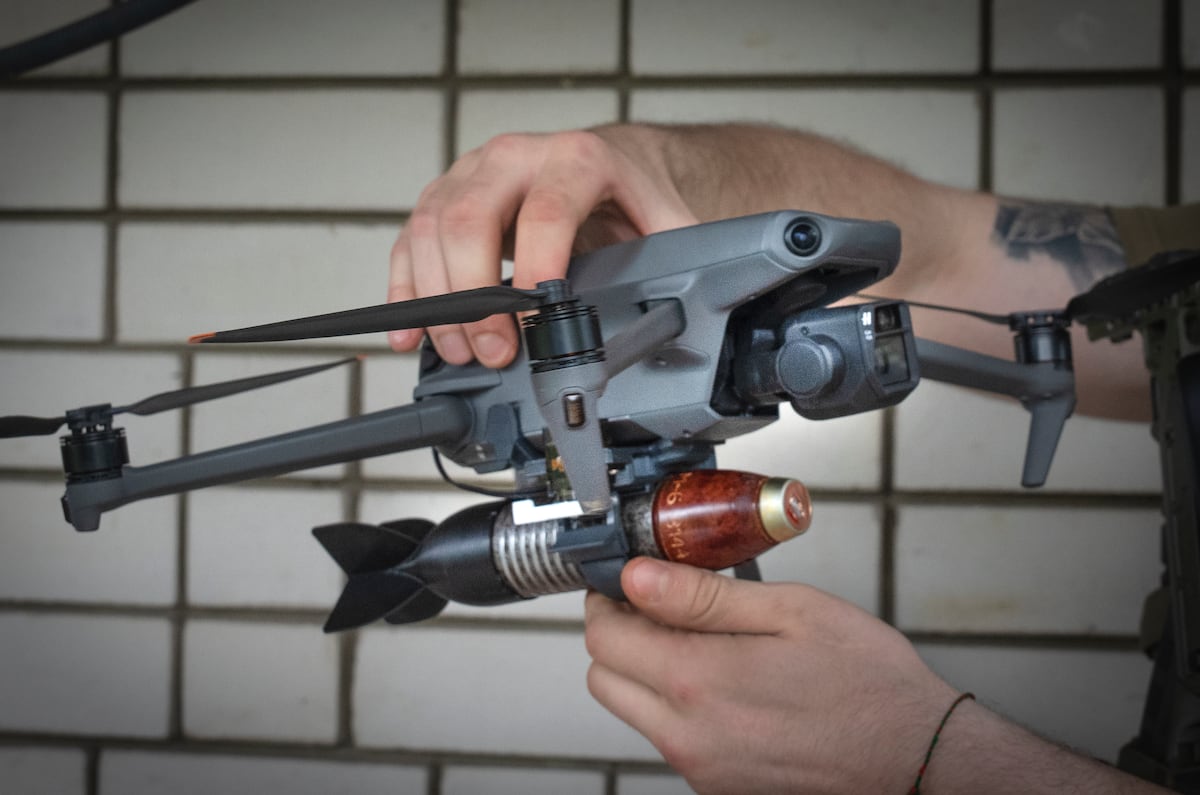Summary:
Ukrainian entrepreneurs are transforming the military industry amidst ongoing conflict.
Significant increase in state investments for defense startups from $5 million to $50 million.
Kara Dag Technologies developed a crucial drone detector, securing a $500,000 grant.
The demand for drones is projected to reach four million units in 2024.
Startups like Himera are creating affordable communication systems for soldiers.
The Rise of Ukrainian Innovation in Defense
In spring 2023, as Ukraine faced the second year of a large-scale Russian invasion, entrepreneurs like Ivan Frankiv emerged as pivotal figures in the national defense strategy. Frankiv, initially a financial marketer, leveraged his skills in radio frequency to develop a drone detector that quickly gained traction with the National Guard. His company, Kara Dag Technologies, received a significant $500,000 grant from a U.S. investment fund, marking a trend among Ukrainian startups that are reshaping the military landscape.
Ukrainian President Volodymyr Zelenskiy emphasized the importance of technology in warfare, stating, "This is a technological war." The Kyiv School of Economics (KSE) reported a dramatic increase in state investments for defense startups, soaring from $5 million in 2022 to $50 million in 2024. The government platform Brave1 has facilitated funding for over 1,500 companies and 3,200 military projects in just two years.
Innovators on the Frontlines
Frankiv's journey reflects a broader shift in Ukraine's military industry from a state-owned model to a dynamic startup ecosystem. This transformation is vital for enhancing production and reducing corruption in a sector previously dominated by the bureaucratic Ukroboronprom. With 500 active arms producers employing around 300,000 people, the demand for advanced military technology has surged, especially for drones—anticipated to hit four million units in 2024.
Entrepreneurs like Vasil, who founded a drone school, and Mikhail Rudominski, who created tactical communication systems, illustrate the innovative spirit driving this change. Their initiatives not only respond to immediate military needs but also foster a sense of camaraderie and support for the troops on the front lines. Rudominski's company, Himera, raised over $500,000 in funding by focusing on developing affordable and effective communication tools for soldiers.
A New Era of Military Innovation
As Ukraine continues to adapt to the challenges of war, the entrepreneurial sector is proving to be a crucial ally in bolstering national defense. From drone technology to communication systems, these startups are redefining the future of military engagement, demonstrating resilience and ingenuity in the face of adversity.







Comments